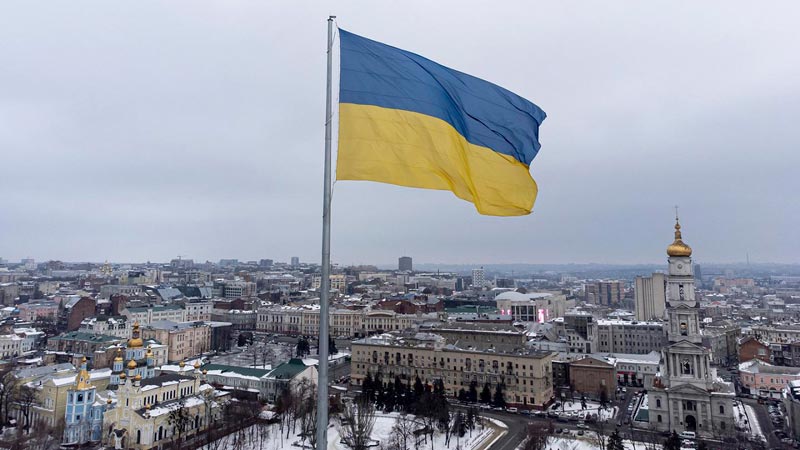
 By Natali Moss
By Natali Moss
It was then that - in the middle of zero - I, a student of the university, for the first time outlined on paper what my parents told about those evil times. And history only proves that from the repetition of such tragedy will not save international treaties, memorandums, paper, concern and support actions. It will only save their statehood, weapons and people who do not just disagree silently to die at home.
And who remembers those who died such a terrible death and do not want such a fate to their own children. "My grandmother, Philipova Raisa Fedorovna (my mom's nanny, Natalia Senenko), in 1932-1933 she lived in Chernihiv, Semenivka. She was only five years old, so she remembers little. A family of six people saved a cow - the only breadwinner. The little girl went to the collective farm kinder was.
The composition of this product was quite versatile: dried and rubbed potatoes (if it was), bran and some flour. Sometimes boiled a bucket of sorrel with two potatoes on the whole family. When flowers appeared in the field , ate cakes, chewed clover flowers. In 1933, when the food was not at all, the family went to Belarus, where it was easier with food. My father sewed shoes day and night. melon and survived.
When they returned to their native village, they learned that during this time there was no house, where anyone did not die of starvation. Mostly these were men who left their family. Grandma Rai's husband, Boris Filipov, was born and raised on the Volga, in the heart of Russia, p. Ramenier in the Fisherman. There was no official famine, but he also had to endure the lack of food. They survive only thanks to forests (mushrooms, berries, hunting).
My great -grandfather, Senenko Petro Vasilyevich, born in 1906, my grandfather Yevgeny Petrovich, was on a trip at that terrible time (he worked as a driver). After returning, he told when he walked after the train to plant "rabbits", saw in the vestibule a woman who held a dead baby in her hands. She had half of her own brush, and it was at a time when people ate their own dead relatives and dug the dead in the cemeteries. The woman was crazy, but she did not touch the baby.
The great -grandfather never planted a woman from a train, and where she went down, he did not know. It was a terrible human grief. However, it was millions of times less than his own, that she was waiting for him here, at home, in Poltava . . . The wife of Peter Vasilyevich - Maria - with her son (my grandfather) Yevgeny, who was only two years old, starved.
In order to feed it somehow, the great -grandmother gathered the last things in the house and went to Dublyan region with her friend Nastya to exchange them for some food. Nastya went to the right along the village, and Mary - on the left side, but at the end they did not meet - the great -grandmother disappeared. Peter went in search of his wife, but did not find it (though he was a native Poltava and at that time in a small Poltava was a known and revered person). Many decades have passed.
There are several versions about the disappearance of our great -grandmother, there are even suspicions of the crime, because at that time cannibalism was widespread, but there were not sufficient evidence, and those people who know something are afraid to tell the truth. Petro Vasilyevich did not join the ranks of the Bolsheviks Party throughout his life, despite repeated invitations from the party bodies.
He was an outstanding driver: during his visit to Nikita Khrushchev (the first secretary of the CPSU Central Committee in 1953-1964) of Ukraine, he led the train (once Nikita signed some documents and did not even feel the steam glowing for a train, starting to get nervous when They will serve the locomotive. And my great -grandfather presented the locomotive so that the tea in the glasses did not shake.
He deserved the title of Hero of Socialist Labor by all indicators, but in connection with the fundamental refusal to enter the Communist Party, he was awarded only by the Order of Lenin and the Order of Lenin. . Petro Vasilyevich all his life on the question of acquaintances and relatives: "Are you a member of the party?", - "I - b/b. " and the famine of 1946-1947. According to them, people were dying less than in the Holodomor, but "plump" people were a lot.




















Všetky práva vyhradené IN-Ukraine.info - 2022